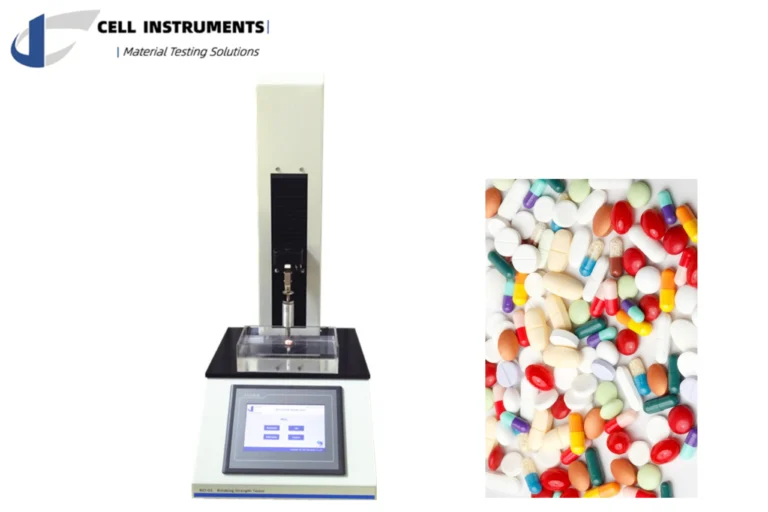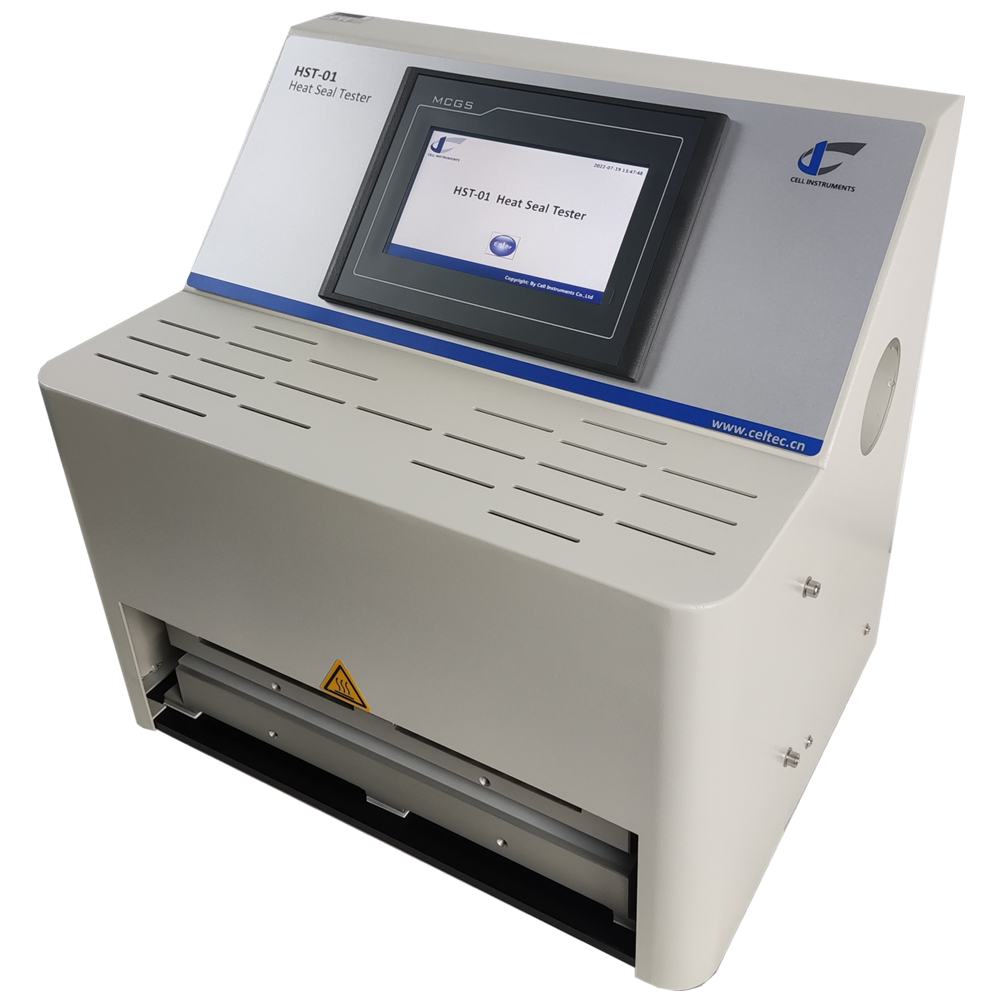Introduction: Why a Tablet Hardness Tester Is Essential
In the pharmaceutical industry, ensuring consistent tablet quality is critical for patient safety and regulatory compliance. A tablet hardness tester plays a central role in this process by measuring the mechanical integrity of solid oral dosage forms. This test allows manufacturers to confirm that tablets can endure mechanical stresses during manufacturing, transportation, and use without compromising their performance.
Cell Instruments provides advanced testing solutions, including the MPT-02 Tablet Hardness Tester, designed for high-precision, efficient testing in both R&D and quality control environments.
Understanding Tablet Hardness Test and Related Measurements
Evaluating tablet hardness is more than just applying pressure until a tablet breaks. It involves understanding a variety of tests that reflect different aspects of physical strength:
Tablet Hardness Test
The tablet hardness test assesses the force required to break a tablet under axial compression. This ensures that tablets are neither too soft to survive packaging nor too hard to disintegrate properly in the body. Typical standards like USP Ve EP 2.9.8 guide the procedures and acceptable ranges for breaking force.
This test also helps monitor formulation quality Ve compression consistency, which are vital during scale-up and batch release processes.
Friability of Tablet
Friability testing evaluates how easily tablets chip or abrade during handling. A rotating drum simulates tumbling, and weight loss is measured. If friability exceeds limits, the batch fails—even if it passes hardness testing—highlighting the need for complementary methods.
Flexure Test and Break Test
For elongated or specialty tablets, the flexure test (also known as a three-point bend test) applies pressure in the center while supporting the ends. This reveals structural resilience, especially in tablets not suited to standard crushing methods.
A break test is often used interchangeably with tablet hardness testing, but it may also describe methods using different loading patterns or test speeds.
Tablet Crushing Strength Testing and Brittleness
Tablet crushing strength testing determines the force at which a tablet breaks under direct load. While often called “hardness,” the term breaking force is more accurate. High crushing strength means good resistance to accidental damage, while excessive strength might hinder drug release.
Tablet brittleness test focuses on the tendency of a tablet to crack or fracture under minimal stress. It is essential in evaluating formulations with fragile structures or coatings.
How a Tablet Hardness Tester Works
Tablet testers operate by applying compressive force through platens or probes until the tablet breaks. Modern instruments like the MPT-02 use high-precision load cells, real-time data capture, Ve automated software to ensure accuracy and repeatability.
Common measurement methods include:
Ezilme Gücü Yöntemi: Measures the maximum force required to break the tablet.
Indentation Method: Measures the depth of deformation caused by a defined force.
Both approaches offer insights into mechanical integrity and are guided by international standards.
Features to Look for in a Tablet Tester
Not all testers offer the same level of performance. A good tablet tester should meet pharmaceutical GMP requirements and provide reliable, reproducible results.

The MPT-02 Tablet Hardness Tester by Cell Instruments features:
7 inç HMI dokunmatik ekran for intuitive operation
High-precision loadcell with 0.5% accuracy
Adjustable testing speeds (1-500 mm/dak)
Dahili mikro yazıcı for result recording
Various fixtures for flexible testing setups
Optional PC software for extended data processing and archiving
With features like automatic return, overload protection, and digital calibration, it provides everything QC professionals need to evaluate tablet breaking force and other physical properties.
Applications in Production and R&D
A tablet hardness tester supports:
Formulation development: Optimizing binders and compression forces
Routine batch testing: Confirming tablet strength before release
Process troubleshooting: Detecting compaction or granulation issues
Stability studies: Monitoring mechanical integrity over shelf life
From high-throughput QC labs to research institutions, having a reliable tester enhances efficiency and reduces out-of-spec results.
Çözüm
Mechanical strength is not just a regulatory requirement—it’s a core quality attribute of any pharmaceutical tablet. A tablet hardness tester provides the insights needed to maintain consistency, support product development, and ensure safe patient use.
Cell Instruments’ MPT-02 Tablet Hardness Tester is built to deliver the accuracy, usability, and versatility demanded by today’s pharmaceutical professionals. Whether you’re measuring tablet crushing strength, checking friability, or evaluating tablet brittleness, we offer the right tools to help you meet your quality goals.

